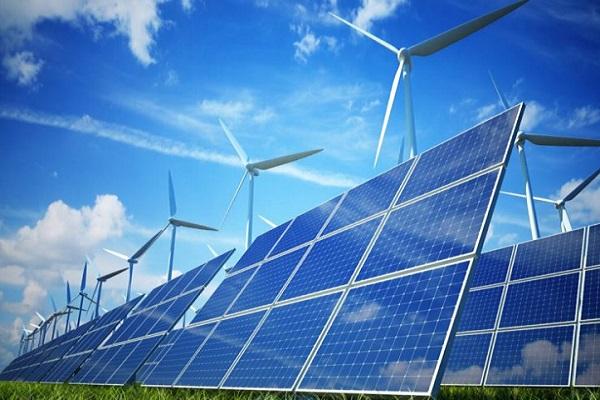

ASTANA, Kazakhstan, February 26. Kazakhstan has
achieved significant success in the development of renewable energy
projects over the past 15 years, Ainur Sospanova, Chairperson of
the Qazaq Green Renewable Energy Association, said, Trend reports.
She made the remark during a meeting of the parliamentary
commission on monitoring the implementation of national sustainable
development goals and tasks.
“The country has established its place on the world stage thanks
to its high potential in wind, solar and hydropower. However, the
potential would have never been tapped without unprecedented
support measures for renewable energy,” she said.
Sospanova noted that investors in the renewable energy sector in
Kazakhstan have confidence in the protection of their investments
thanks to the guaranteed purchase of all electricity produced at
preferential tariffs. Auction results significantly reduced the
cost of energy, making renewable energy projects competitive even
compared to traditional sources.
“Tariff indexation takes into account inflation and exchange
rates. This has contributed to the rapid development of renewable
energy sources: a 6 percent share has already been attained, ahead
of the projected 2026 timeline. The results of auctions since 2018
have reduced the cost of energy. Tariffs for wind and solar
stations amounted to 10.38 tenge (about $0.023) and 13.89 tenge
(about $0.031) per 1 kWh, respectively, making them competitive
compared to coal and gas stations,” she said.
Sospanova pointed out that the Qazaq Green Renewable Energy
Association is ready to continue to actively promote the
development of policies to support renewable energy sources and
become an effective platform for cooperation between market
participants and government agencies.
Meanwhile, by the end of 2022, there were 130 renewable energy
facilities operating in the Republic with an installed capacity of
2,400 MW (46 WPPs: 958 MW; 44 SPPs: 1148 MW; 37 HPPs: 280 MW; 3
BioPPs: 1.77 MW).
At the end of 2022, the volume of renewable energy production
amounted to 5.11 billion kWh (wind farm: 2.4 billion kWh; solar
power plant: 1.76 billion kWh; hydroelectric power station: 934
million kWh), or 4.53 percent of the total volume of electrical
energy production. In 2023, this figure will reach 5 percent.
In 2022, 12 renewable energy facilities were commissioned with a
total capacity of 385 MW and a total investment of 180 billion
tenge (about $374 million).